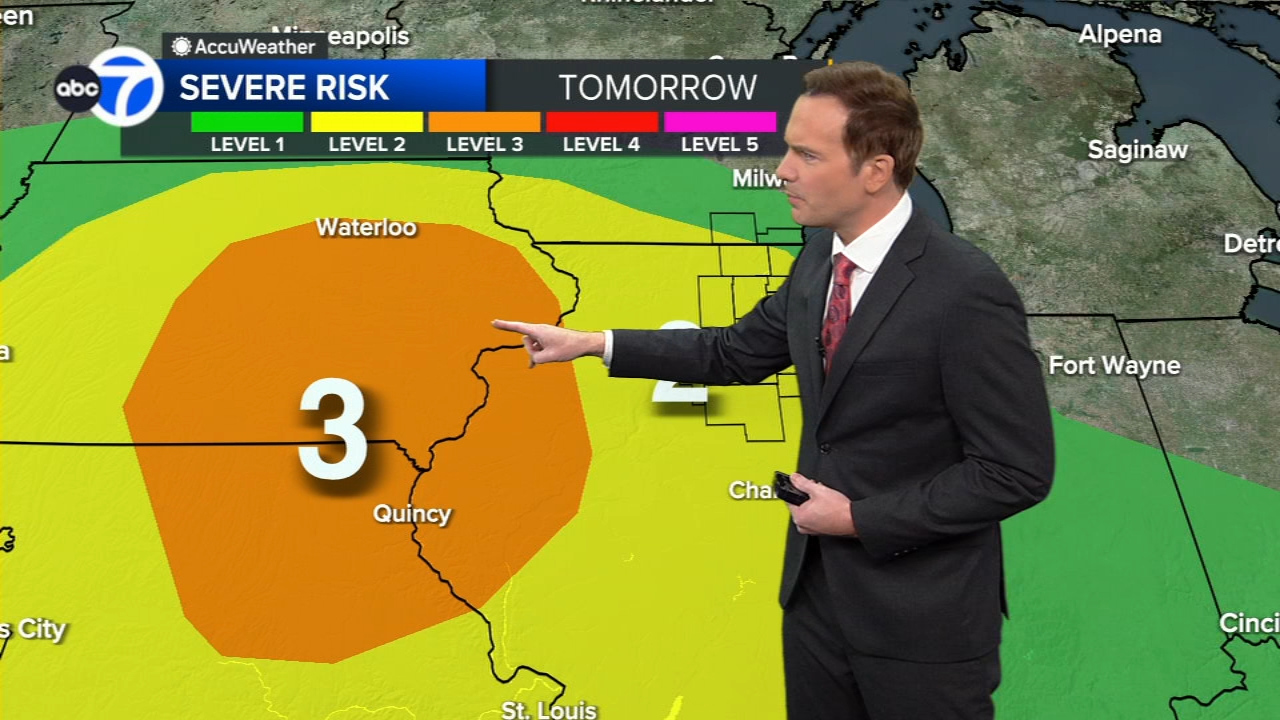How to talk to your kids about Juneteenth

SAN FRANCISCO -- Juneteenth was the day that the news that slavery had ended finally reached people in Texas. It's a conversation that until recently many families haven't had with their children.
In the mid-1800s, the world's largest commodity was cotton. America's economic growth depended largely on slavery.
"The reason that Southerners fought so hard to maintain the status quo was because of the free labor," expressed Delores Nochi Cooper, coordinator of the Berkeley Juneteenth Festival.
June 19, 1865, marks the end of slavery in America. Aside from African Americans, it's a conversation that many other families don't have. So how do you start the conversation with your children? Many suggest starting by opening some minds.
WATCH: Our America: Meet Opal Lee, the grandmother of Juneteenth

Marcus Books in Oakland specializes in titles by and about black people. There are books for every age on Juneteenth.
"You can have these conversations, even 2-year-olds get the concept of fair and unfair," said Beverly Daniel Tatum.
She is the author of the book "Why are all the Black Kids Sitting Together in the Cafeteria?"
Tatum began discussing slavery with her then 4-year-old son while she was listing the many attributes of the African people.
"Then he interrupted and he said, 'If Africa is so great, what are we doing here?' And I couldn't answer that without talking about slavery," she added.
RELATED: Juneteenth food traditions: How red plays role in celebratory cuisine
"When I learned about it, I was kind of shocked that I hadn't heard about it and my dad's family is from Texas," said San Francisco parent Josh Donald.
He told us he had a moral obligation to discuss the significance of Juneteenth with his three children.
We asked Donald how to start a conversation with younger kids.
"Ask them if they've heard of Juneteenth, did they talk about Juneteenth in school?" he suggested.
He says that initial dialogue has lead to more substantial conversations about race and social justice.
"History of post-Civil War, the origins of Jim Crow and stuff, and what remnants of that are still around today," added Donald.
WATCH: Black hymns: The legacy left by the enslaved honored on Juneteenth and every day

Donald also owns Bernal Cutlery. He now donates money to a few causes from the sales he makes on Juneteenth.
"So there are a bunch of other avenues into reading about anti-racism," said Camden Avery of Booksmith in the Haight Ashbury District of San Francisco. "There have been a bunch over the last year and a half to two years."
Book store owners suggest that while we're having these conversations with children, it's important for adults to have their own racial reckoning.
In Berkeley, the Juneteenth festival has been around since 1986 to bring awareness of African American history. Its director says it's now more relevant than ever.
"Their resilience that they survived, all of that, celebrating the contributions that African Americans have made to the fabric of America," said Cooper.
WATCH: How people came to celebrate Juneteenth in the United States

It was graduation day at Skyline High School in Oakland and many of these students told us that lifting each other up will always have positive implications.
"It's not secluded to one race; it's a celebration for everybody," said Alexus Birks who just graduated from Skyline. "It's putting people of color on a bigger platform."
"We have the highest graduation rate with Black students this year and it just shows what we've achieved this year," Jessica Ramos, a graduating senior said.
"We all should agree that we are one people, that we are born equal and God sees us equal in his eyes," said Cooper.
She and others offered some advice. When starting the conversation it's important to acknowledge the quote that says, "We don't see things as they are, we see them as we are."








